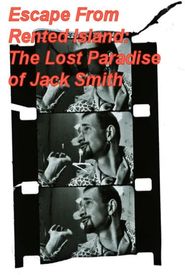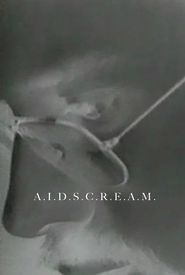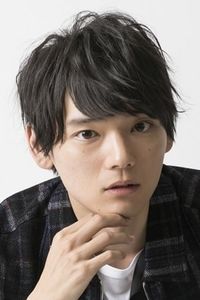Jerry Tartaglia is a filmmaker and writer who has been active in Experimental Film and Queer Cinema for over four decades.
He studied at Albright College from 1968 to 1972, where he was introduced to the work of Jack Smith, Jonas Mekas, and Gregory Markopoulos by the Abstract Expressionist Painter, Harry Koursaros.
In this early environment, he developed a non-narrative film practice, seeking to explore the other potentialities of Cinema using 16mm film, which was the dominant technology at the time.
Tartaglia was the first to write about "the gay sensibility in American Avant-Garde film" and his 1977 article in The Millennium Film Journal is considered a seminal statement on the subject.
His work has been screened around the world and was included in the Century-end retrospective at the Whitney Museum of American Art, "The Art of the 20th Century."
Since 1990, seven of his films have premiered at the Berlinale, the Berlin International Film Festival, where he was helped by Manfred Salzgeber, the founding force behind the Panorama Section of the festival.
In 1993, he was one of the twelve artists who created the Red Ribbon as a symbol of A.I.D.S. awareness through the Artists' Caucus of Visual AIDS in NYC, paving the way for awareness ribbons of all kinds.
By the turn of the 21st Century, Tartaglia had transitioned to Digital Moving Image Production, though he continued to work with 16mm celluloid.
He became increasingly interested in producing work that challenged the complacency of the screen/viewer relationship and developed a series of "Live Film Action" works under the rubric The Way of the World.
In 2013, he completed a video that is a resetting of the 1933 film Das Blaue Licht by Leni Riefenstahl. A Short History of the Future examines the question of artistic neutrality in America today.
He has recently completed a feature-length experimental film essay concerning the works of Jack Smith. Using audio tape recordings made by Smith, along with Smith's film material and previously unseen visual art, Escape From Rented Island: The Lost Paradise of Jack Smith examines Smith's aesthetic principles and ideas using only his own work.













